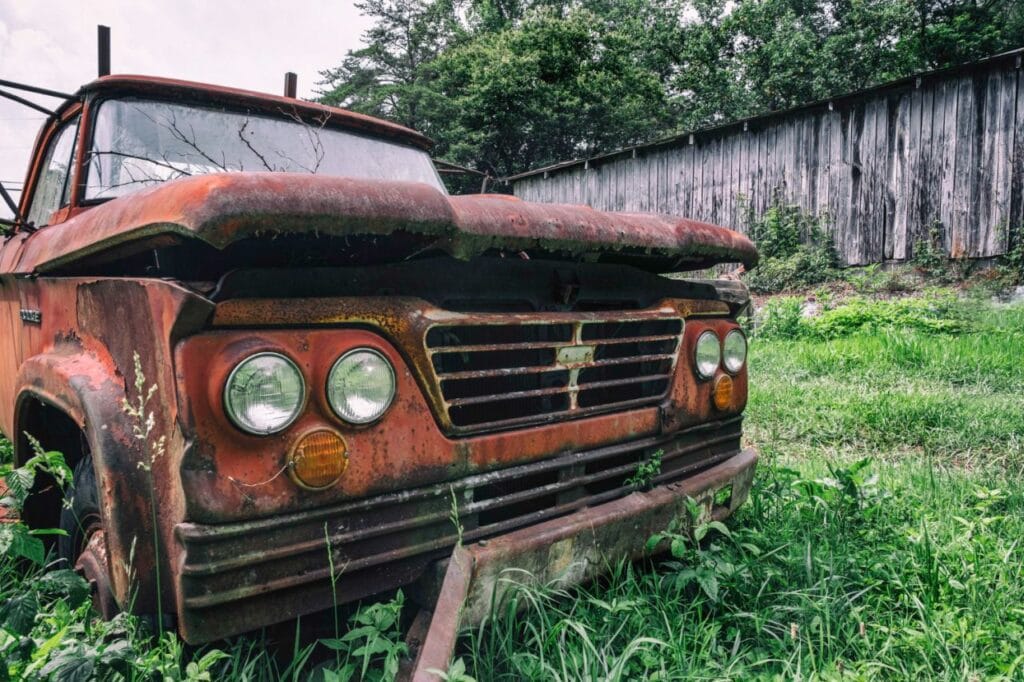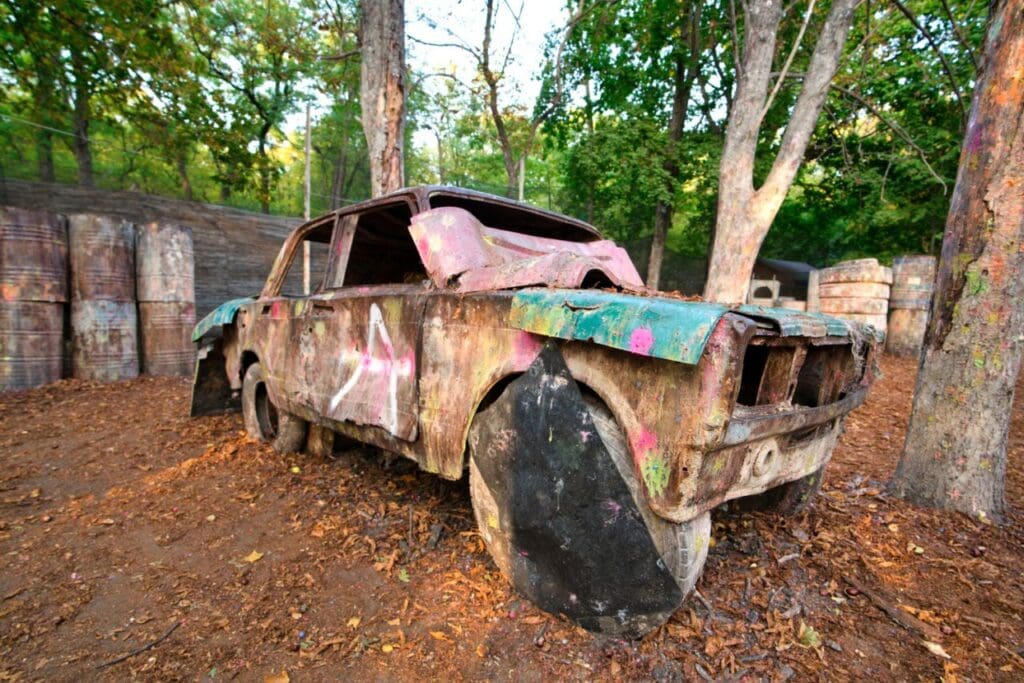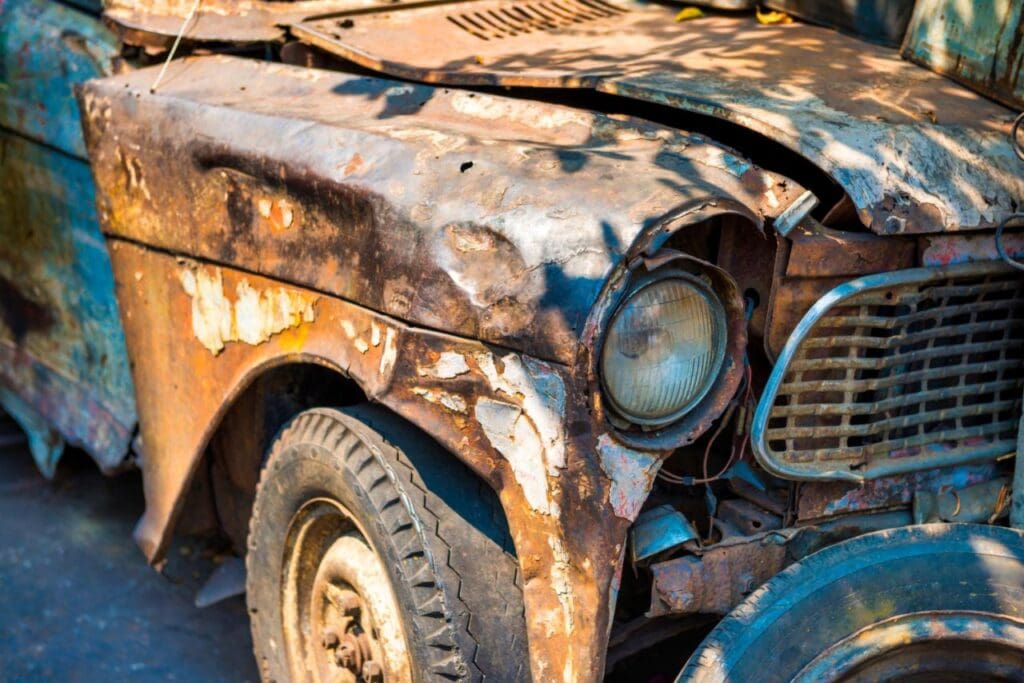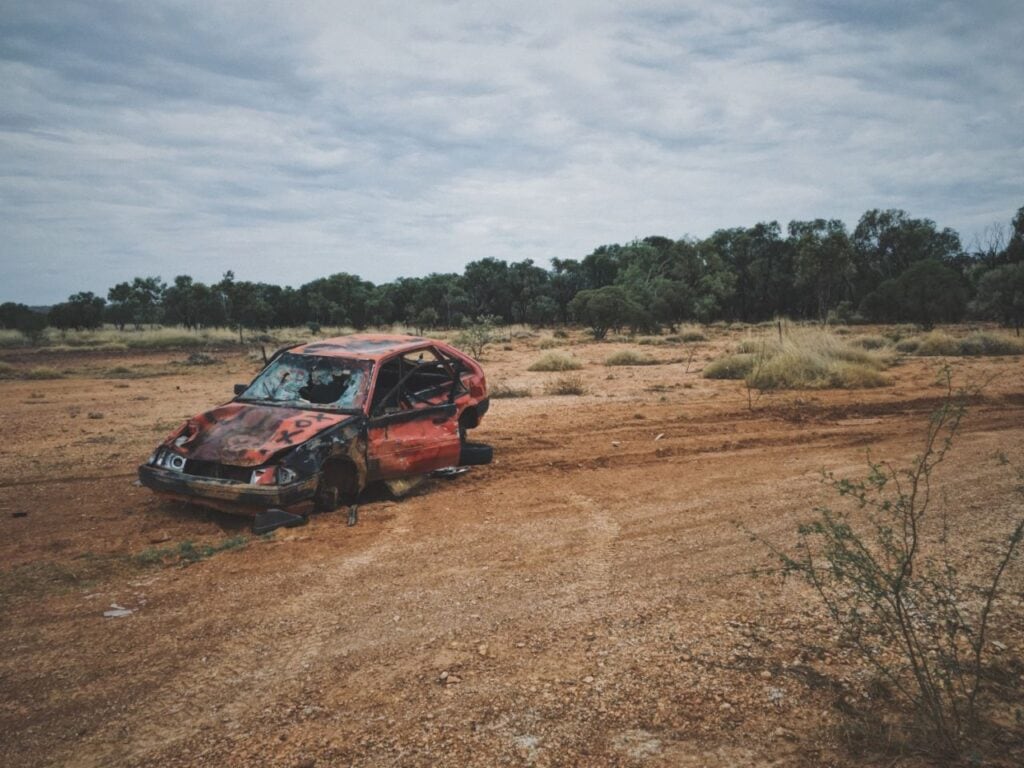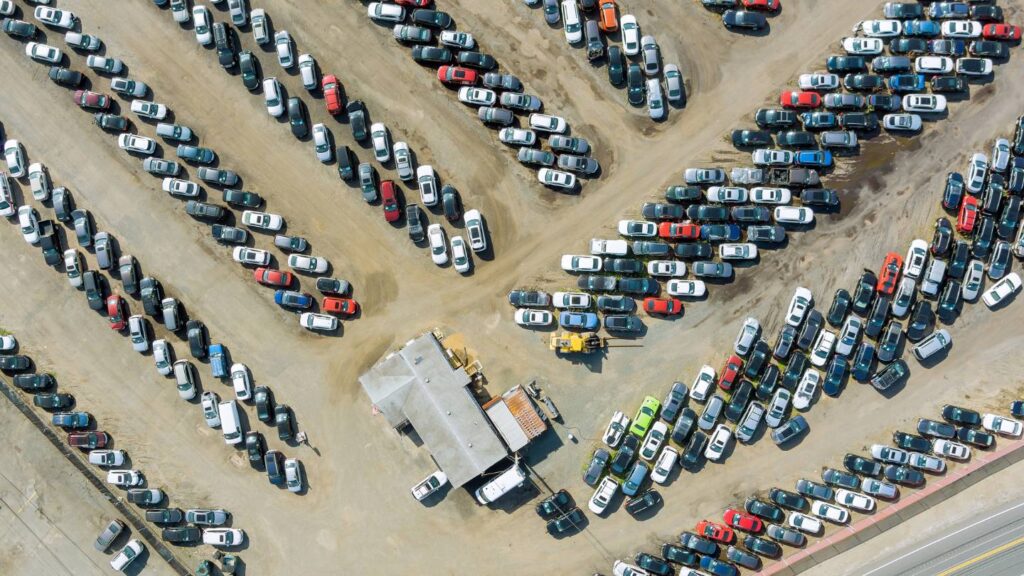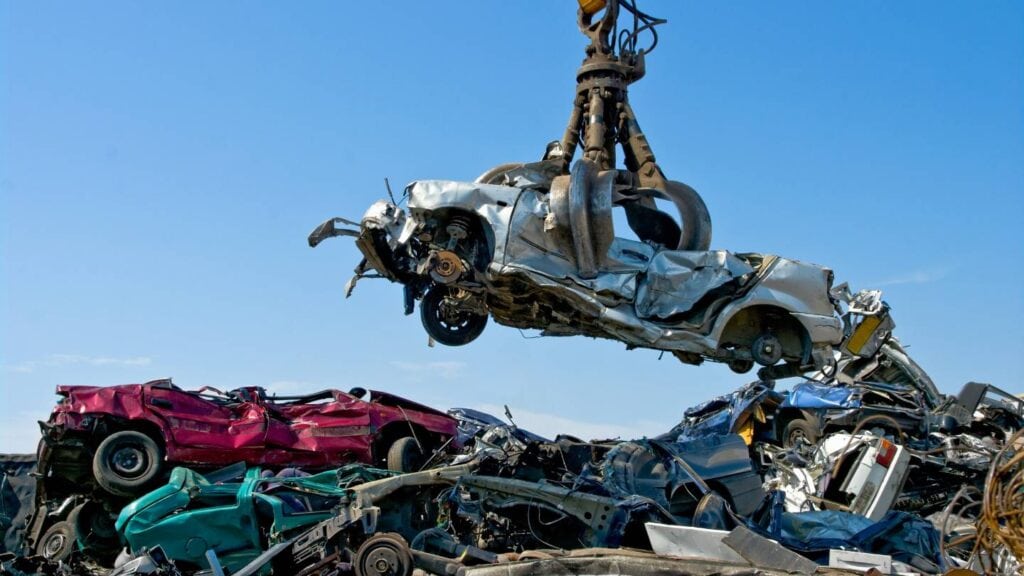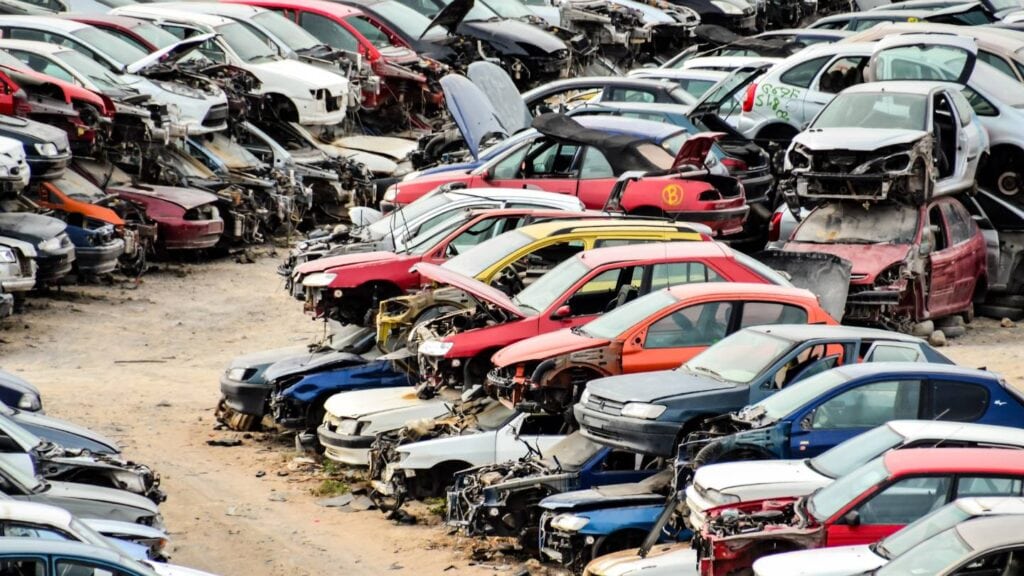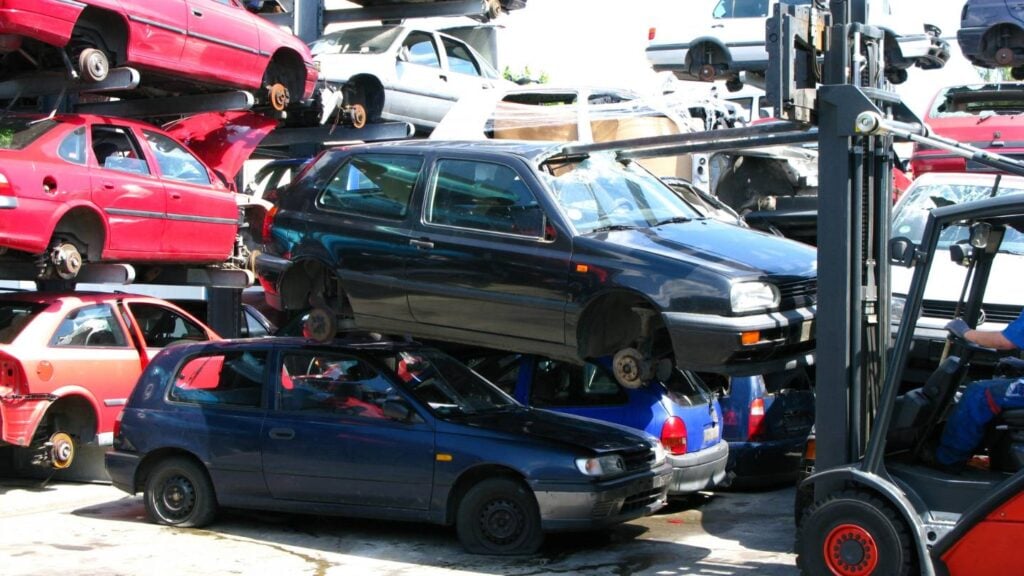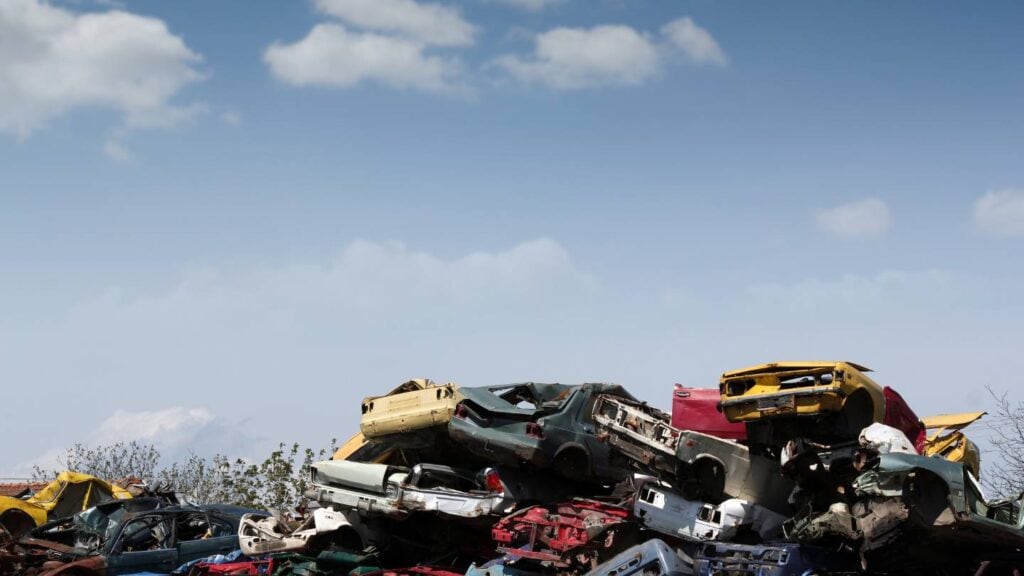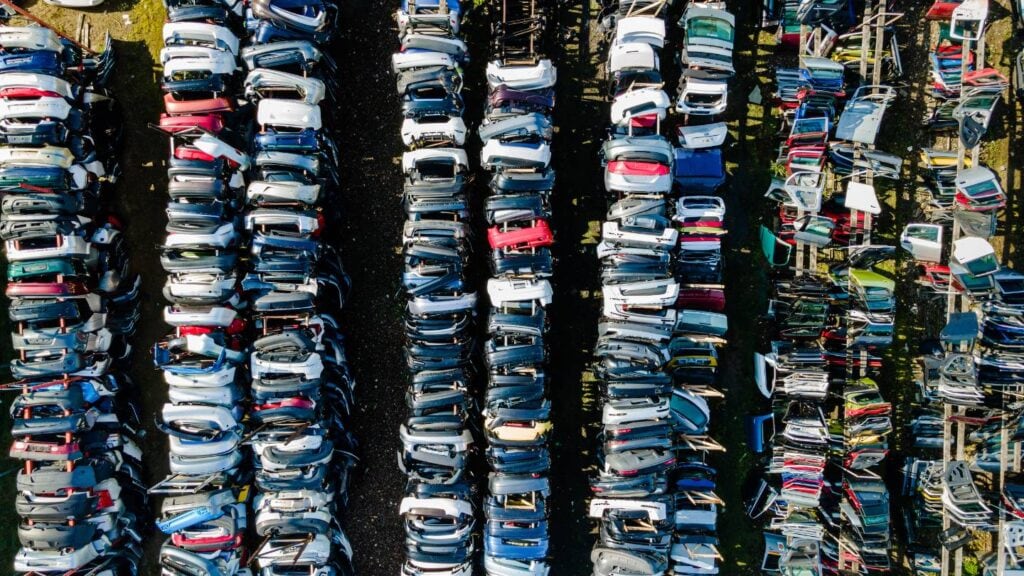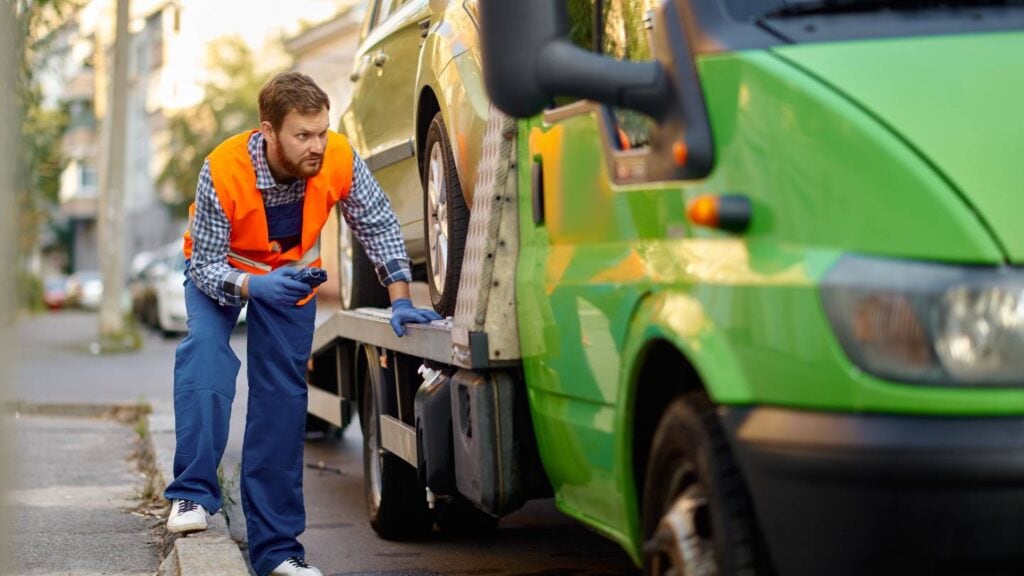There are a few things to think about before deciding whether to junk a car or repair it. First, avoid making the decision hastily since it will have serious consequences for your money and the environment.
This article will present an overview of the benefits of both scrapping a vehicle and getting it repaired, as well as critical considerations to take into account while making this important decision.
Scrapping Cars
Selling a car to a scrap metal buyer and having it stored in a junkyard is known as "scrapping." There are plenty of scenarios in which a car owner would scrap their vehicle rather than fix it. The owners of these automobiles could no longer afford to keep them on the road. After a certain number of mechanical failures or other frequent repairs on a single vehicle, the owner may decide to sell it for scrap.
If the owner decides to sell the car instead of keeping it, they may make some extra money and avoid expenses that would have been incurred otherwise.
Written-off vehicles also require towing and scrap car disposal services.
These automobiles should be scrapped rather than repaired. Vehicles declared a total loss due to an accident might not necessarily be repaired and may be sold for scrap.
The vehicles may be towed from the scene of the accident directly to a scrap yard. Repairing such vehicles would have been prohibitively expensive in comparison to their scrap value.
Vehicles with missing parts are also acceptable scrap material. However, it would have been more expensive to replace the missing components of these vehicles than to sell them for scrap. Alternative options include selling the vehicle for scrap or getting cash for cars if it is too old to be used.
Advantages Of Scrap Car
It might not be easy to let go when you become emotionally attached to your vehicle. Is your car in bad shape right now? Do you always get stuck when you're behind the wheel? A junk car has numerous working parts.
It's time to get rid of your car if you're one of the people who can't drive safely. Selling your car to a scrap removal service is the simplest and most environmentally-conscious option. You'll gain freedom from car ownership and maintenance, among other advantages.
The main advantages of scrapping services will be discussed. Just a few of the numerous advantages of hiring scrap metal removal professionals are listed above. Cash for Cars is one of the many services offered by Scrap Car Removal.
There are certain things to consider before getting rid of your old car. One benefit is that you could profit from selling it. Second, you can have experts handle scrapping your vehicle from start to finish. This can simplify the process overall and save you time and effort.
Extra Money
The removal service will, without a doubt, compensate you handsomely for your scrap automobile. Due to the twofold gain from each transaction, this business model is highly lucrative. It's reasonable to sell your old car for cash. Vehicles are collected at no cost to you by this service. The value of your vehicle may be higher than you expect if it is both rare and in pristine condition.
A More Eco-Friendly Approach To
The importance of environmental protection increases with our advancing years.
We need to be more careful about our planet because there is only one of them. As a result, eliminating pollution and protecting the environment is a win-win when you sell your old car for scrap.
It's all very easy to understand.
Expert junk removal services can often recycle the majority of their customers' unwanted items. They tend to recycle items multiple times. A business like this dismantles junk vehicles for their usable components.
To protect the planet, you can do anything that has a practical purpose or market value. In this case, the car is discarded entirely, but it still helps cut down on pollution. A battered car will either leak fluids from the engine or be parked. This throws off the ecosystem. It can also ruin your driveway and garage.
Price Estimate For Free
You are not required to sell your vehicle in exchange for a free quote on its scrap value and removal cost. Instead, contact them via email or phone for a no-obligation quote on the value of your old car. In addition, you can contact these businesses and enquire if your car is so damaged that no one would pay more than a few dollars.
There Is No Hassle
Trying to sell a car to a group of people might be challenging. Customers are sometimes irrational and rude. They may cause delays and lower the value of the vehicle. Difficulties arise when using a vehicle that is old or damaged.
It's reasonable to save yourself the time and effort of selling your car and negotiating a fair price. Relax; removal companies will take care of everything. Just give them a call and tell them to meet you there. No forms are necessary at this time.
No Intermediaries
Some companies use intermediaries to help strike deals. Because of this, they will incur additional costs. No extra charges or middlemen are included in our car removal services. It's a money- and time-saver.
Scrap Car Removal
Selling your old car for cash is the most efficient solution.
Getting rid of the old car is quick and simple. A maximum of a day is needed for the entire operation. You can call, and on the same day, someone will get your vehicle.
Hiring a professional auto removal service will alleviate a major source of stress. Their work is swift and effective.
Disadvantages Of Scrap Car
When your car reaches the end of its useful life, do you know what happens to it? People often assume their junked vehicle will sit in a junkyard until it rusts. However, most people need to be made aware of the many negative environmental, economic, and social effects of car scrapping. We'll go over some of the disadvantages of junk cars and why you might want to think twice before getting rid of your old ride.
Environmental Impacts
The act of scrapping a car can have serious consequences for the environment. First, improper vehicle disposal can release harmful chemicals into the environment, including lead, mercury, and cadmium.
Second, scrapping a car results in a large amount of garbage that can take years to decompose in landfills because it contains materials like plastics, rubber, and metal. Then, to add insult to injury, the energy needed to crush and recycle a car adds to pollution and glasshouse gas emissions.
Social Impacts
The decision to scrap a car may also have repercussions in the community. For starters, workers in the scrap auto industry are at risk of exposure to harmful chemicals and physical harm from the crushing process.
Second, in areas where automobile production is an important source of employment, destroying vehicles can have a negative impact on the local economy. Lastly, trashing an automobile might mean losing something emotional to its owner, especially if the vehicle has been in the family for years or decades.
Economic Impacts
Negative economic effects have been linked to car scrapping. First, high repair costs and ageing technology frequently prompt the early disposal of automobiles. Because of this, the owner may miss out on money they could have made selling the car for spare parts or to a collector.
Cars that are scrapped are a waste of metal and plastic that could be recycled and put to use in other products, increasing productivity and revenue. But last but not least, there are costs associated with towing, processing, and disposing of a scrap vehicle.
Repairing Cars
Before beginning the auto repair, several factors must be considered. First, the vehicle can be salvaged and driven again if the damage repair cost is high enough. For example, repairs may be made to a broken bumper, side mirror, or windscreen.
The car's owner may make additional repairs to the engine if the work is inexpensive. When a car's repair costs more than its value after deducting the scrap value compensation, the owner has reason to be suspicious.
Only vehicles with plenty of life left in them should get expensive repairs. After more than a decade of service and almost 300,000 miles on the odometer, it's time to retire this car. This is due to the regular maintenance needs such vehicles will have.
These cars will wander until they finally break down, causing their parts and framework to age prematurely.
The vehicles' engines' ability to generate power declines significantly after purchase. It's not worth the money or effort to fix those cars.
However, there are a few exceptions to this rule, such as when the car has sentimental value to the owner or serves as a reliable means of transportation in an unexpected emergency.
Advantages Of Repairing Car
Sentimental Value
When deciding whether to repair or scrap a car, the sentimental value of long-term ownership can be an important consideration for some motorists. Despite the high cost of repairs, it may not be easy to part with a beloved vehicle due to sentimental ties.
Cost-Effective
Some people may benefit most from just junking their vehicles, but others may save money by fixing them up. For example, if your car is still in relatively good shape and the work needed is not too extensive, fixing it may be less expensive than buying a new one. In addition, car repairs are an excellent long-term investment because they often increase the vehicle's resale price.
Practicality
If you need your car for transportation, repairing it is also the most cost-effective option. When a car is fixed, it can be used again immediately, eliminating the need to shop for a replacement vehicle. In addition, the comfort and convenience of a car can be useful.
Disadvantages Of Repairing A Car
For many car owners, the cost of maintenance might be prohibitive.
Even though car repairs typically cost less than buying a new vehicle, there are still disadvantages. This will explain why auto repair is only sometimes a good idea and what problems can arise.
Time
The time required to fix a car can be considerable. It could take several days, or even weeks, to finish the repairs, depending on the difficulty of the work and the accessibility of replacement parts. In addition, the car won't start during this time, severely limiting your mobility. This can be a major hassle if you need the car for your job or regular errands.
Safety
Safety concerns are another disadvantage of auto repair. The vehicle's safety may be compromised if the repairs are good enough or if low-quality replacement parts are used. Because of this, the safety of the driver and passengers may be compromised.
Reliability
The car's future dependability is still being determined, even if the repairs are successful. The fixes won't be permanent, and the underlying problem will resurface at a later date. Another reason an older vehicle is less reliable is because it may be more prone to breakdowns and other problems.
Resale Value
Ultimately, auto repairs might reduce a vehicle's worth. Potential buyers may view the vehicle less favourably if it needs extensive repairs or has a history of major repairs. It's also possible that the car's repair costs will exceed its resale value if it's an older model or has a lot of miles on the odometer.
Factors To Consider When Making A Decision
There are a few things to consider before deciding whether to junk a car or fix it. Some examples are:
Personal Preferences
Personal preferences and individual financial situations should also be taken into account. For example, scrapping the car might be the best option if you're having financial difficulties. On the other hand, fixing it up is the best option if you have sentimental ties to the car or value continuity.
Car Age
The car's age is a major factor in deciding whether to scrap or fix it. The cost of repairs may outweigh the value of keeping an ageing vehicle on the road. In addition, the cost of fixing a car typically rises as it ages.
Extent Of Damage
The extent of the car's damage is also a factor to think about. Repairing the damage may only be viable if it is more extensive and affordable. There's also the possibility of hefty repair bills if the vehicle's been in an accident.
Frequently Asked Questions about Used Cars
The answer depends on the individual situation. For example, if the cost of repairs is high and the car is old, scrapping may be the better option. However, if the car is in good condition and the repairs are not too costly, it can be more cost-effective.
The amount of money you can receive for scrapping your car varies depending on several factors, including the car's condition, the value of the metal, and the scrap yard's policies. Therefore, contacting a reputable scrap yard for an accurate estimate is best.
When scrapping your car, choosing a reputable scrap yard that follows environmentally-friendly practices is important. Look for a scrap yard certified by Environmental Protection and ask about their recycling policies.
Repairing your car can increase its resale value, particularly if the repairs are extensive and improve its overall condition. However, the resale value will depend on the car's age and mileage.
Yes, you can still sell a car that has been repaired after being in an accident. However, it's important to disclose the car's history and provide documentation of the repairs.

